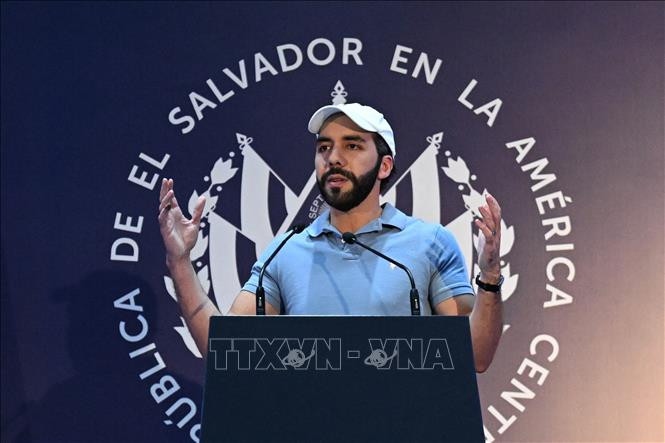Regional and international media assessed President Bukele's victory as predictable, after his outstanding achievements during his last term.

On February 10, El Salvador's Supreme Electoral Court confirmed President Nayib Bukele's re-election with nearly 83% of the vote in the February 4 presidential election.
Announcing the results of 100% of the votes counted, the President of the electoral council, Mr. Dora Martinez, said that President Bukele received 2.7 million votes out of 3.2 million valid ballots, equivalent to 82.66%. The candidate of the Farabundo Marti National Liberation Front (FMLN, far left), Mr. Manuel Flores came second with 6.25% of the vote. The candidate of the right-wing Arena party, Mr. Joel Sanchez received 5.44%. The voter turnout was 52.6% out of 6.2 million registered voters.
After announcing the final vote count, Mr. Bukele expressed his gratitude for the support of the Salvadoran people.
Mr Bukele was first elected president in 2019, ending a period in which the FMLN and Arena alternated in power for about 30 years.
Regional and international media assessed President Bukele's victory as predictable, following his outstanding achievements in his last term, especially in his efforts to revive the economy and suppress crime in a country notorious for its gang problem. After nearly 2 years of applying a national emergency to suppress crime, El Salvador's authorities have arrested a total of 76,000 gang members. For the first time in history, this Central American country has not had a single murder in the past year.
TH (synthesis)